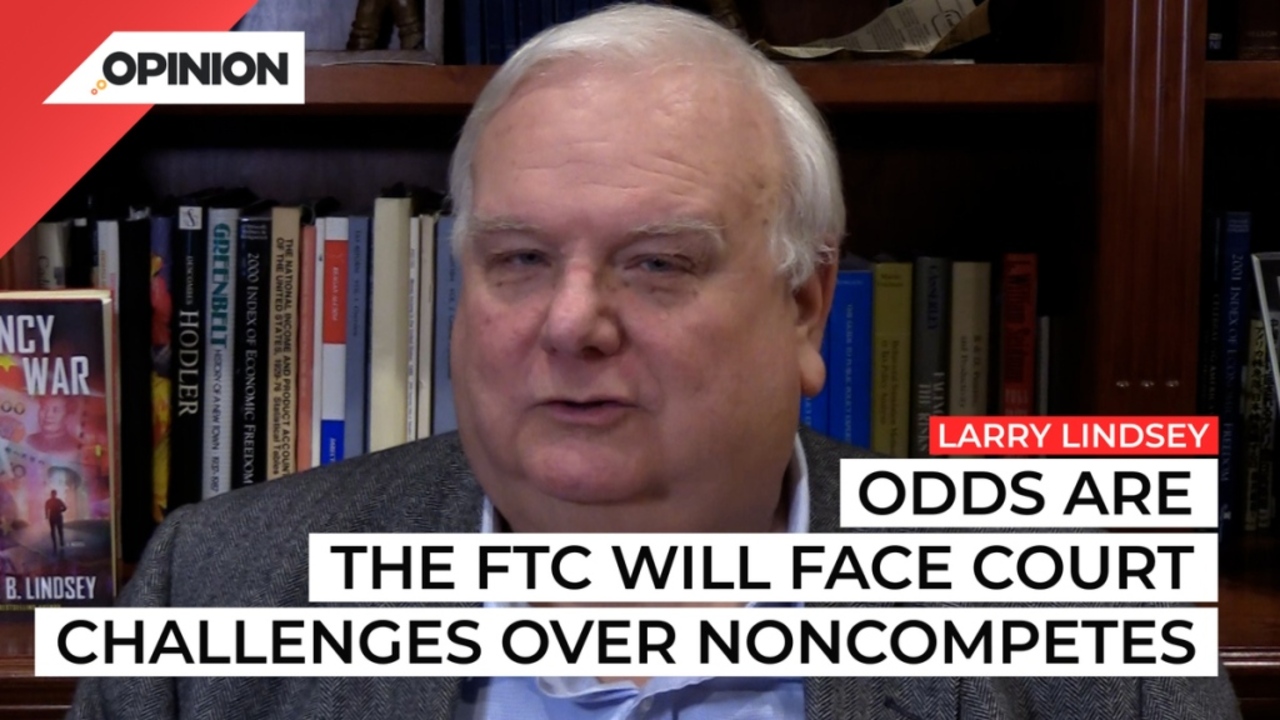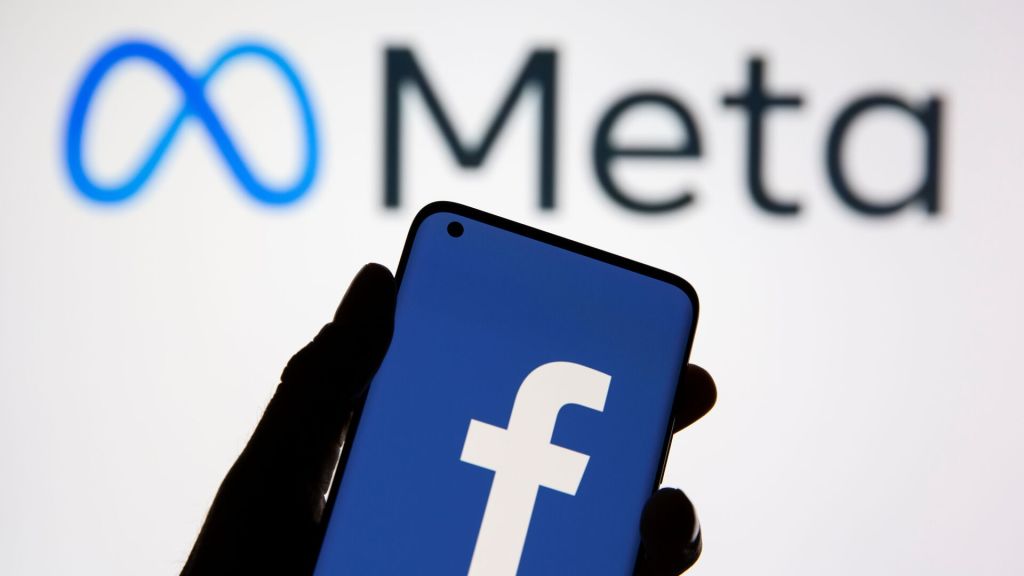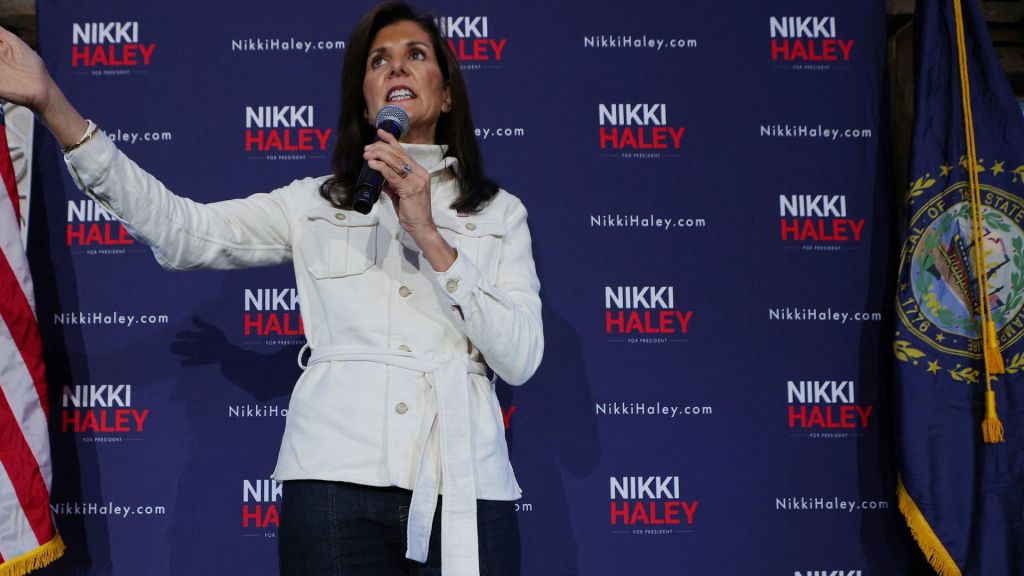
Commentary
-
Our commentary partners will help you reach your own conclusions on complex topics.
American labor markets have something in them called noncompetes, which stops people from jumping from one job to the next. Now, that may seem a little bit harsh to the worker, but it may make a little bit more sense once we think it through. They are similar to something called nondisclosure, where if you do go to another employer, you can’t talk about what you did at your previous employer.
Now, a lot of people are involved in this. Roughly 30 million American workers, 20% of the workforce, works under a non-compete clause in their contract. The Federal Trade Commission has decided that it wants to abolish noncompetes in America. They’re following a Biden executive order from July of 2021 that calls for ending all provisions that unfairly limit a worker’s mobility. Well, that sounds like a worthy goal. But let’s think about it a little bit further.
First of all, if the FTC adopts its proposal, it’s going to favor big, dominant firms over smaller firms. Why? Because a big dominant firm can simply poach from other firms, poach employees, particularly its suppliers.
During the recent pandemic and shortages of workers, the last firms to really worry about getting qualified workers were the big boys. After all, it’s probably more prestigious to work for a brand-name company than a small supplier. And so it’s easier for the big guys to just simply get the workers they need by getting them from their suppliers. Well, that makes it hard for the suppliers. It also lowers the chance that you’re going to have a lot of competition, since the big guys have a big advantage if the little guys can’t protect their workforce from being poached.
The second big issue is, invest in workers. Now, if I know that I have a worker who can walk across the street at any time to my competitor and blab about everything we’re doing at my firm, how likely am I to invest in that worker to let them in on the secrets, let them see how the office is actually run, how the company has actually run? Not very.
And the reason for noncompetes and also nondisclosures is exactly that. If you, the employer taking someone on and you want them to be a full part of your mission, then you really can’t trust them fully if they can simply be bought out or hired by your competitor. A related problem is investment in human capital. Most workers aren’t paid just for their time, their sweated labor, so to speak. They’re paid because of skills. And when people go to work, they add to those skills.
But adding to the skills isn’t free to the employer. They’re more likely to increase workers’ skills if they have some confidence the worker isn’t just going to get up and quit on them. And that’s another reason for noncompetes.
In addition, workers do have some say in this that there’s not imposed on them. They sign up for a contract. And if I have a lot of human capital, I’m going to demand my employer pay me for that. I’m going to have actually more power at the negotiating table, if my employer knows that I’m not going to go across the street. So it’s unclear that what the FTC is proposing is actually going to raise people’s wages.
Now under current law, things are done on a case by case basis. And they’re generally done by state courts, not by the appointed regulators in Washington. So whatever the FTC chooses to do, the odds are it’s going to face a lot of court challenges. There is no legislation that explicitly grants the FTC the power to do this. And recently, the courts have decided that it’s better to make decisions in state legislatures, which are elected, than by appointed, unelected regulators.
We’ll see how it all works out, but I think the idea that ending noncompetes is going to be good for workers is something the FTC really needs to think through again.
-
Biden’s EV math just doesn’t add up
In March, the Biden administration issued a new directive requiring U.S. automakers to cut the average carbon emissions of their fleets by almost 50% before 2032. That order is one component of President Biden’s larger goal to cut total U.S. carbon emissions in half by 2030. A primary method for reaching these goals will involve…
-
President Biden just isn’t cool
For some Americans, politics is only about policy, while others prioritize core values, ideas, aspirations or beliefs. Still, for others, politics may be a reflection of culture, where voting serves as a symbolic act to proclaim cultural group identity. But for some Americans, who they vote for and support is more of a popularity contest,…
-
Federal Reserve policy should be more restrictive
The American economy is booming, with high GDP growth, record-low unemployment, and wage gains for median workers. Over the past few quarters, U.S. economic growth indicators have consistently outperformed official projections. But the U.S. Federal Reserve recently conceded that its policies might be too restrictive, hindering the full potential of the U.S. economy, which the…
-
Celebrate tight labor market, but don’t cut interest rates
While President Joe Biden has been celebrating U.S. economic success, many Americans are still unhappy about the economy. So who’s right? The most recent jobs report for February showed that while the unemployment rate rose slightly to 3.9%, job gains were higher than expected, with the total coming in at 275,000 versus the expected increase…
-
Social and economic class will define 2024 election
Following in the footsteps of FDR, Democratic support in the past hundred years has drawn largely from working-class individuals, labor unions, and civil society organizations. Republican support, conversely, tended to rely upon larger corporate donations and the support of high-income individuals. In 2024, these traditional roles are evolving, and the new reality of campaign finance…
Latest Opinions
-

Supreme Court justices split over Idaho’s abortion law
-
 Getty Images
Getty Images
Businesses sue over FTC ban on noncompetes
-
 Getty Images
Getty Images
National Enquirer ex-publisher: Tabloid made up stories to help Trump
-
 Getty Images
Getty Images
Bird flu fallout: USDA says milk is safe, states must test dairy herds
-
 Getty Images
Getty Images
Biden administration cracks down on flight refunds and hidden fees
Popular Opinions
-
In addition to the facts, we believe it’s vital to hear perspectives from all sides of the political spectrum.


